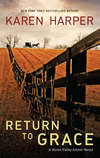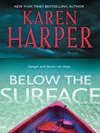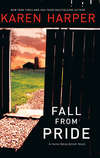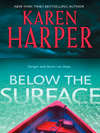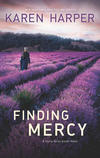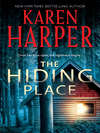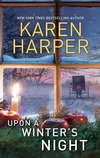Читайте только на Литрес
Raamatut ei saa failina alla laadida, kuid seda saab lugeda meie rakenduses või veebis.
€4,99
Žanrid ja sildid
Vanusepiirang:
0+Ilmumiskuupäev Litres'is:
26 detsember 2018Objętość:
341 lk 3 illustratsiooniISBN:
9781408969724Õiguste omanik:
HarperCollinsСлайдер с книгами
Fb2ZIP-arhiiv 1.3 МБ
Sobib nutitelefonidele, Android-tahvelarvutitele, e-lugeritele (v.a Kindle) ja paljudele programmidele
TXT
Saab avada peaaegu igal seadmel
TXTZIP-arhiiv 202.8 КБ
Saab avada mis tahes arvutis
RTFZIP-arhiiv 1.4 МБ
Saab avada mis tahes arvutis
PDF A4
Avaneb Adobe Readeris
PDF A6
Optimeeritud ja sobib nutitelefonidele
Mobi
Sobib Kindle e-lugeritele ja Android-rakendustele
Epub
Sobib iOS-seadmetele (iPhone, iPad, iMac) ja enamikule lugemisrakendustele
iOS.Epub
Ideaalne iPhone'ile ja iPad'ile
Fb3
FB2 formaadi arendamine
